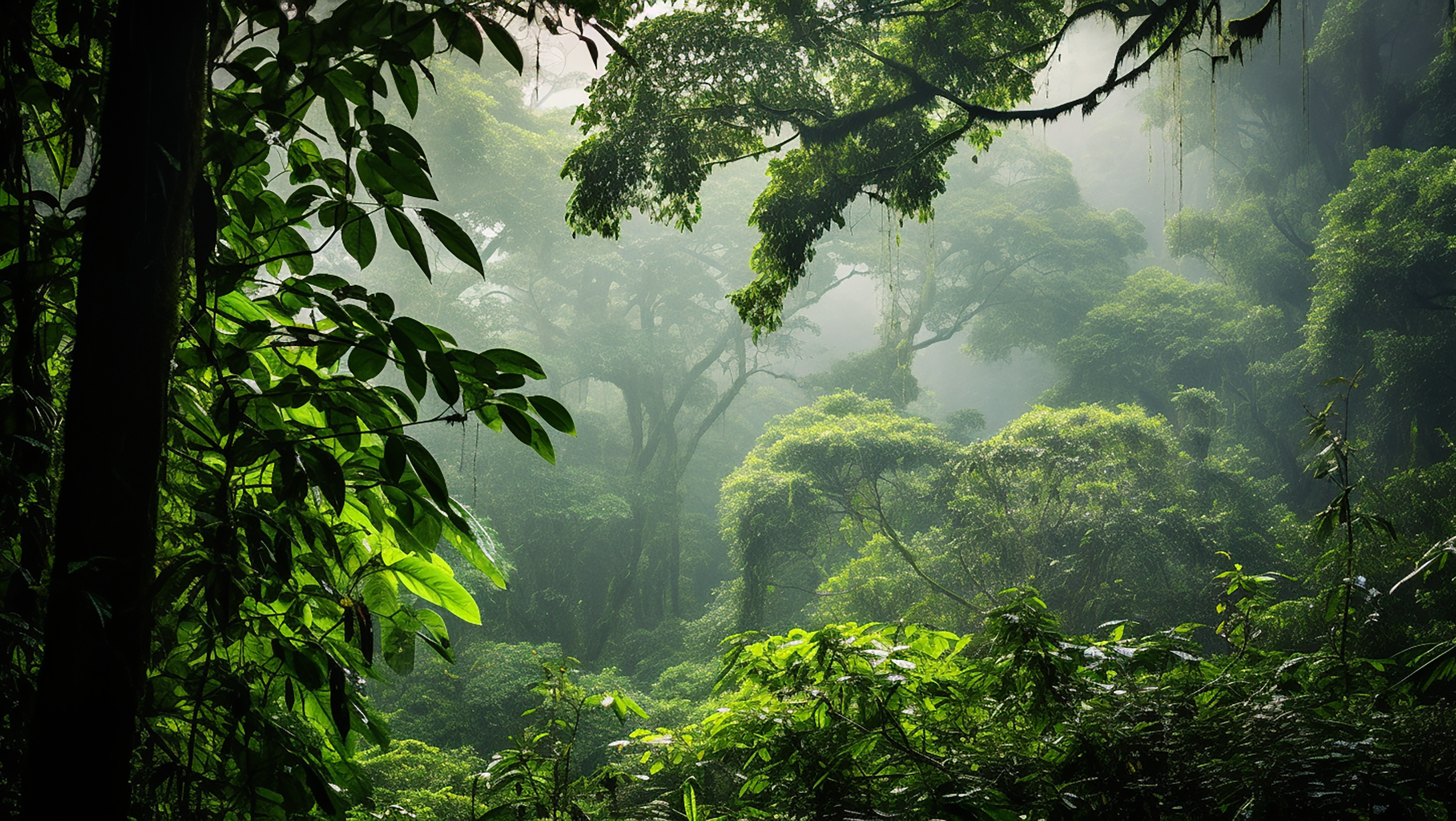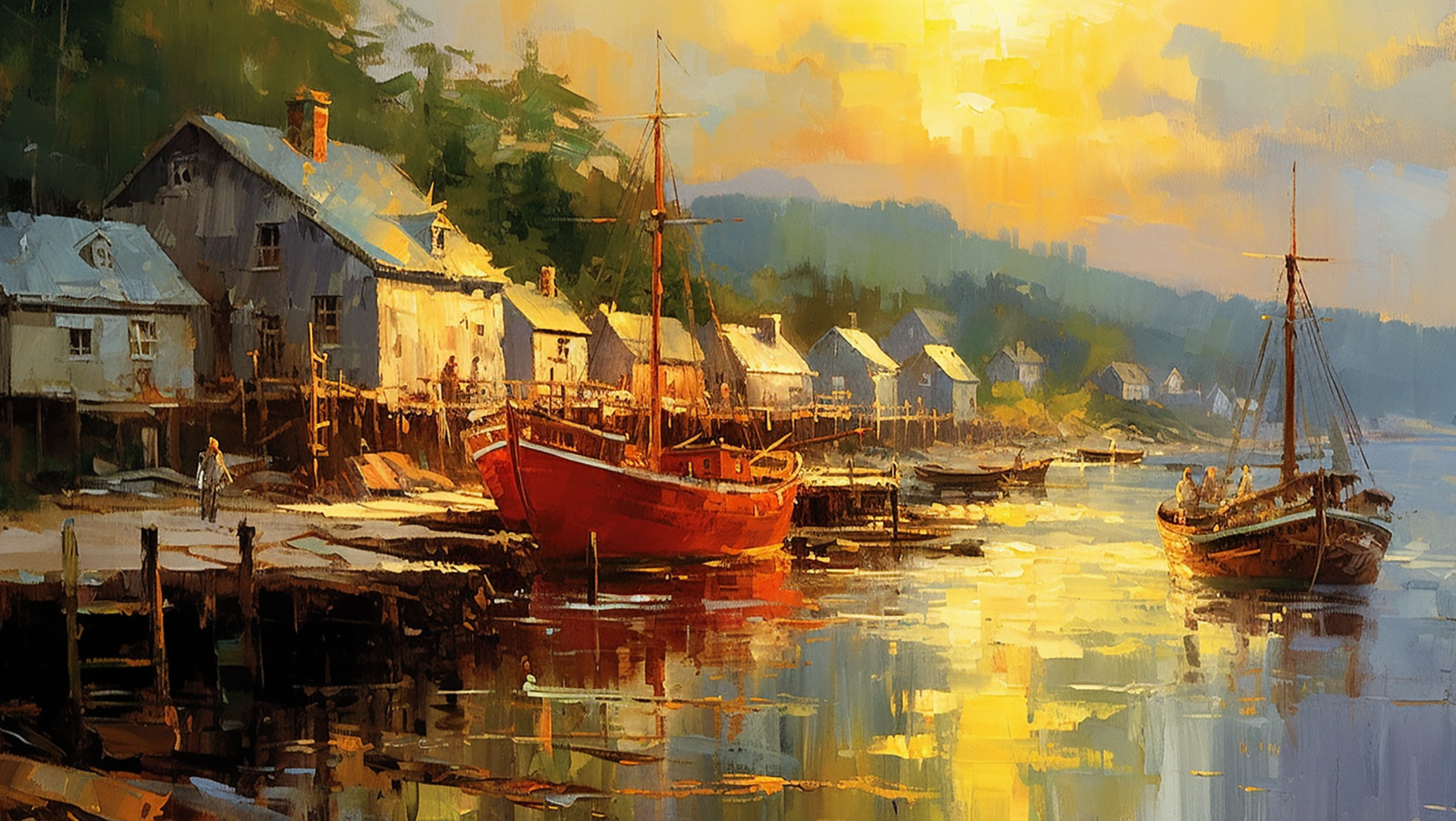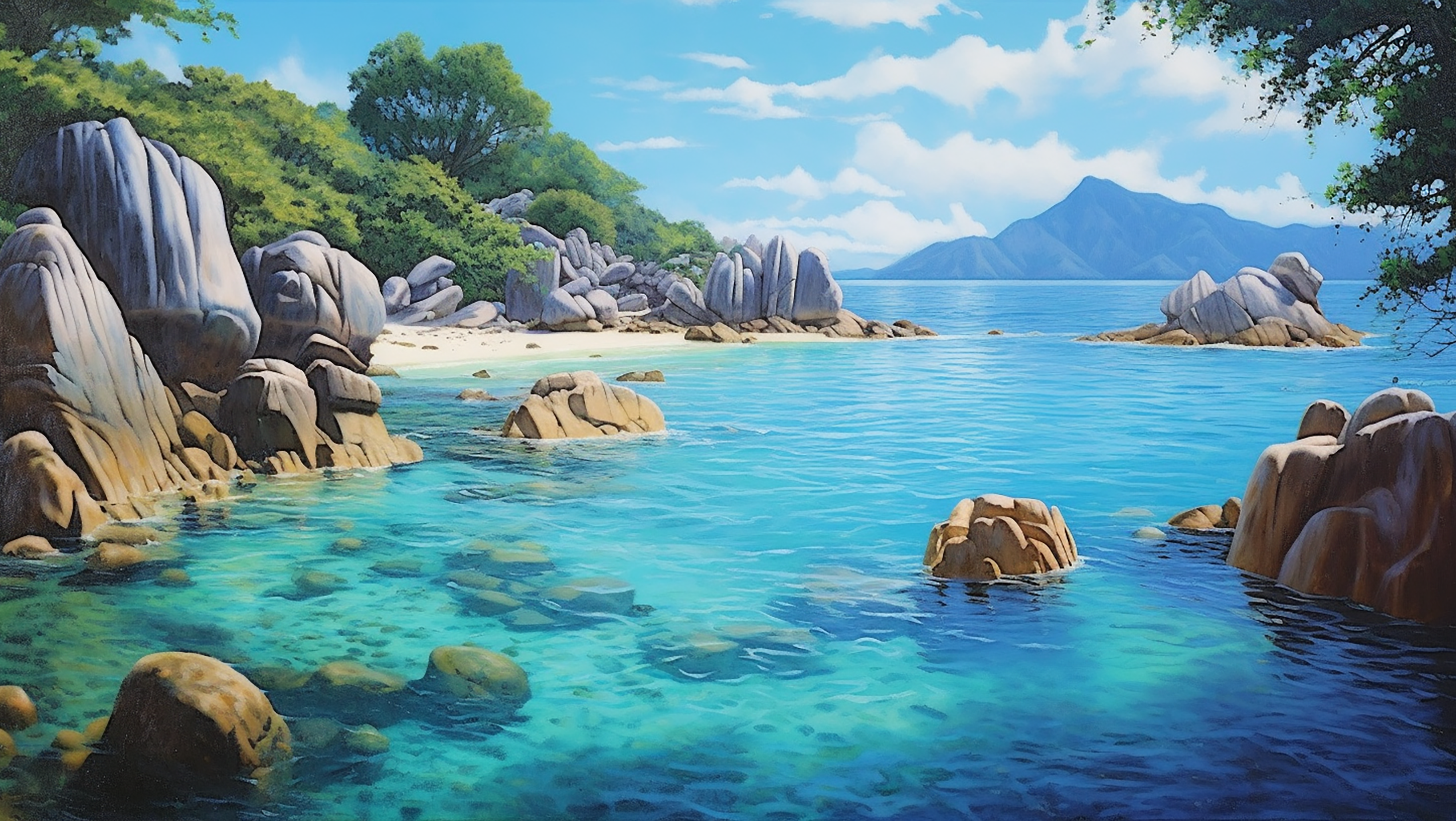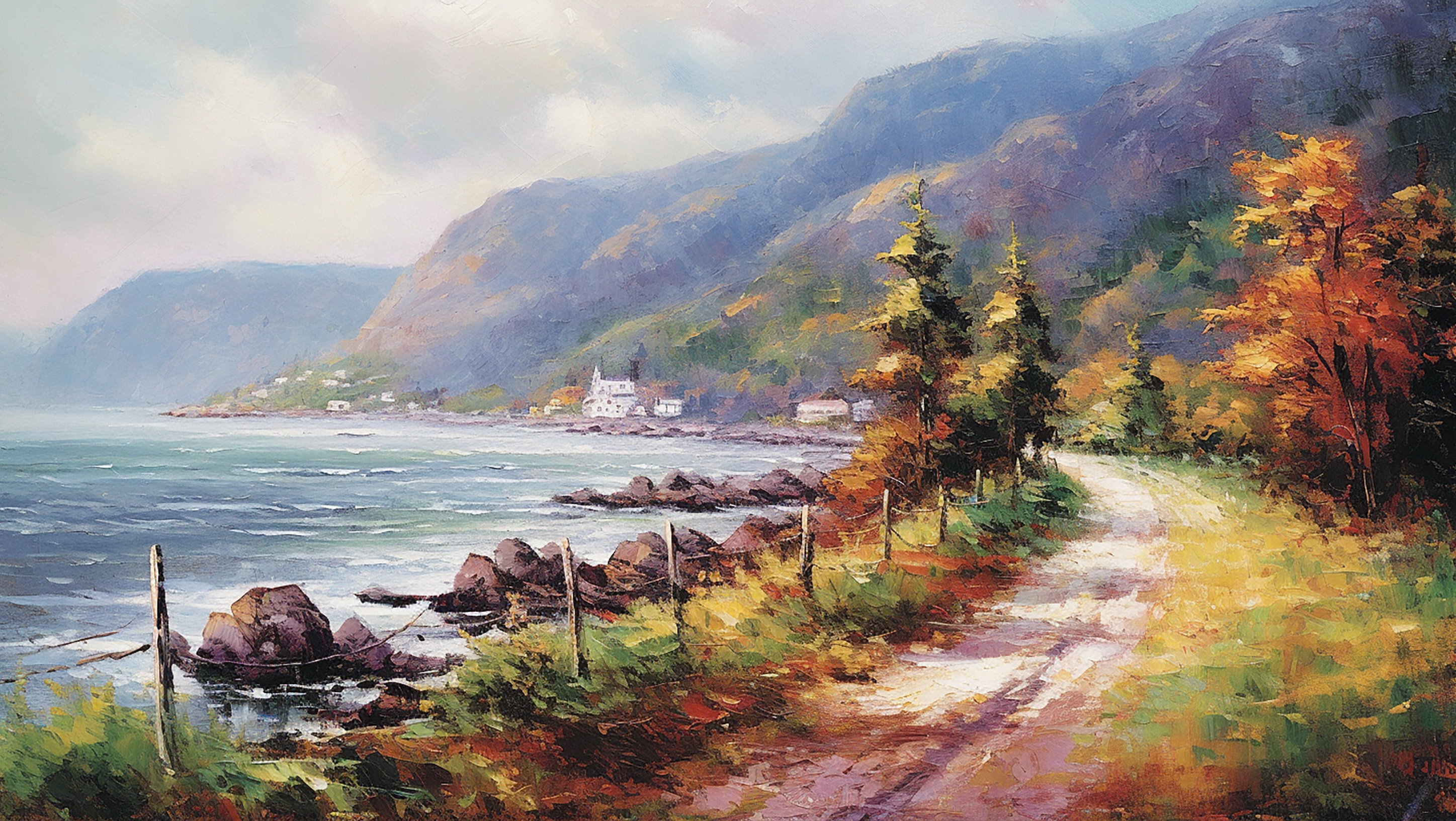Zagreb: A City Steeped in History
Let me take you on a voyage, an account of an unplanned escapade to Zagreb, the vibrant capital of Croatia. It was meant to be a brief encounter, a mere three-day adventure, but fate played its whimsical card, and the journey stretched to a rich four days. Sometimes, life doesn't go as planned, but often, these deviations craft tales worth sharing. This is one such story, a chapter of my Croatian odyssey.
Zagreb, the capital of Croatia, has a history that dates back to Roman times. The name 'Zagreb' is believed to have been derived from the term 'Zagrebati' which means 'to dig', relating to the city's origin as a settlement in the marshy area along the River Sava. The two medieval settlements that form the heart of present-day Zagreb, Kaptol and Gradec, were established in the 11th and 13th centuries respectively. Kaptol was an ecclesiastical centre, developed around the Cathedral, while Gradec, now known as the Upper Town, was fortified to protect against Mongol invasions and became a free royal city. The two areas remained separate entities with distinct identities for centuries before finally merging in the 19th century to form the unified city of Zagreb.
The Adventure Begins
This journey to Zagreb wasn't a well-thought-out expedition, but rather a spontaneous decision fueled by my inherent wanderlust and an idle weekend that begged for an adventure. I began researching flights, seeking a destination within reach, somewhere I could discover on a reasonable ticket. That's when Zagreb came into my sight through a flight offered by British Airways. This airline, despite previous experiences that occasionally left something to be desired, was my chosen vessel for this trip.
Plitvice Lakes: A Natural Wonder
As for Plitvice Lakes National Park, it's renowned for its natural beauty and biodiversity. The park covers a large area in central Croatia and is famous for its 16 cascading lakes that are connected by a series of waterfalls. The lakes' distinctive colours, ranging from azure to green, blue, and grey, change constantly depending on the number of minerals or organisms in the water and the angle of sunlight. The lakes are divided into the Upper Lakes, which are surrounded by dense forests, and the Lower Lakes, situated in a limestone canyon. The fauna in the park is diverse, with species such as the European brown bear, wolf, eagle, owl, and lynx. The Plitvice Lakes were granted national park status in 1949, making it the oldest national park in Southeast Europe. It was added to the UNESCO World Heritage register in 1979 in recognition of its "outstanding natural beauty, and the undisturbed production of travertine (limestone) through chemical and biological action".
The Journey Continues
The journey started smoothly, as I settled into the city of Zagreb. I ventured out for a morning walk, a tradition I keep to familiarise myself with the unfamiliar. I arrived early, and Zagreb was still half-asleep, devoid of its usual bustling life. Perhaps it was a Saturday, and the populace was relishing a lazy morning in their cosy abodes, granting me a relaxed exploration of a semi-deserted city.
Zagreb’s charm was reminiscent of Prague, another city I had visited earlier. Its structure, the colour-splashed petite houses, the inviting cafes, and the labyrinthine narrow lanes - some cobblestoned, some concrete, bore striking similarities. What caught my eye were the trams, a common sight that coursed through the heart of the city, invoking a sense of nostalgia.
I didn't have a detailed itinerary, merely a guidebook that offered brief insights into where to go, what to see, and what might intrigue me. In the city centre was a petite tower, home to a funicular railway. This was no ordinary funicular but purportedly the shortest in Europe. While I can't vouch for the accuracy of that claim, it indeed was a short ride, lasting barely 50 seconds as it glided up the slope. The purpose of this funicular was to transport people from one level of the city to another, to ascend the city's hill without navigating a lengthy staircase.
At first, I didn’t consider taking the funicular, deeming it unnecessary. But as it turned out, finding an alternative route was not as simple as I had imagined. So, I decided to partake in this unique experience. It was interesting to see the funicular serving dual purposes - for some, it was a means of transport, for others, a novelty to try out during their city walk.
Moving further, I made my way to a bustling street known for its myriad of cafes and restaurants. I strolled up and down the street, which led to a vibrant flower market at its foot. Wandering among the colourful stalls, I found myself admiring the local blooms and taking in the ordinary yet captivating street life. You could say that this simple activity served as my introduction to the everyday charm of Zagreb.
After exploring Zagreb's city centre, I realized there were still parts of the city I hadn't seen. The historical area was quite sizable but, in my view, the city lacked the distinctive flavour of Prague, a city where you could lose yourself for a week exploring various neighbourhoods, filled with stunning architecture and vast parks. Zagreb was more of a streamlined experience, a charming yet slightly provincial city that didn’t exude a unique vibe.
The Unexpected Turn
My next adventure was planned for the following day. I didn't exactly know what to expect from Plitvice Lakes, my next destination. My knowledge about the place was based on cursory internet research. The trip was a spontaneous decision; initially, I planned to stroll around Zagreb, but considering its compactness, I wanted to add some variety to my journey.
I took a long-distance bus to the lakes, a ride that lasted about two hours. Plitvice Lakes is a unique collection of interconnected lakes and waterways, sprawling over a vast area. What makes it unique is the abundance of waterfalls, much like a hive teems with bees. These cascades flowed from one platform, spilling over to the next, creating an enchanting landscape. The surrounding forest, especially at the onset of fall, with yellow leaves starting to peek through, added to the allure of the place.
However, a single day was hardly sufficient to fully explore the site. Given the time spent on the road, I had to choose between the two zones of the park – the Upper and Lower Lakes. Each zone has its unique structure and routes, and unfortunately, I didn't have the luxury to explore both due to my planned evening flight back to London. Little did I know then that things were about to take an unexpected turn.
I opted for one of the routes that seemed to take less time. Perhaps, in hindsight, if I had paced myself better, I could have explored both routes in a day. But at the moment, I was eager to see as much as possible, hoping to see the remaining parts later.
The layout of Plitvice Lakes is interesting; the paths are either made of wooden planks or simply dirt roads that meander for many kilometres around the various lakes and through the woods. The vistas are absolutely unique, with waterfalls cascading as if a neighbour had flooded your apartment from all sides. The lakes are interconnected by ferry crossings, as it's not always possible to walk around due to the landscape. You need to cross some lakes on these ferries to get to certain viewpoints.
These boats have a schedule, and while waiting for them is not a problem if you have plenty of time, it can be tricky when time is limited. Some routes are more popular, and ferries run more frequently, shuttling people back and forth across the lake. There are also less frequented routes that take more time. An alternative to this is the park’s bus service, which stops at a few points along the route. You can walk to a certain point in the park, then catch a bus back to your starting point. This was my plan – instead of retracing my steps and seeing the same landscapes, I could make more efficient use of my time.
Plitvice Lakes are unique, a stark contrast to the city of Zagreb. While Zagreb has similarities with other European cities and doesn't stand out particularly, the Lakes are entirely different. I had never seen anything quite like them, their beauty augmented by the numerous waterfalls. It's indeed unusual to see waterfalls from above, giving a unique perspective that I'd never experienced before. Even though I'd heard of Plitvice Lakes, I'd never realized that such a unique place existed in Europe, a continent that I thought I had thoroughly explored. Despite this, the Lakes were a fascinating discovery.
Hiking the routes under the sun, with autumn leaves around, was truly relaxing and impressive. However, life often throws curveballs. After completing my route and preparing to return by bus, I received a message from British Airways informing me that my flight had been cancelled. This unpleasant surprise from the airline meant that I had to urgently adjust my plans, possibly cutting my journey short. Instead of enjoying the surrounding landscapes, I found myself trying to figure out when I could rebook my flight. I ended up having to add an extra day to my trip because the only available flight was the following day.
This meant I had an additional day in Zagreb, which I decided to use to explore the city further since I was forced to extend my stay due to the unexpected cancellation. The next day, I thought I would have a peaceful Monday exploring the city before heading to the airport. However, the situation quickly changed. There was a major event happening in the city, maybe a summit or something similar. As a result, a large portion of the small city, including the city centre, hotels, and main areas, was cordoned off, making many places inaccessible.
This obviously ruined the feel of the city, but it was just the start of my troubles. In addition to the city centre being blocked off, parts of the highways were also closed because the delegates of the event were travelling back and forth to the airport. This made it almost impossible to catch a taxi as they simply couldn't reach the old town. It turned out to be a whole saga. I had to walk for about an hour from the city centre, where I was staying, to a place where I could potentially get a taxi. Once I finally arrived, the taxis were all stuck in traffic. The process of catching a taxi was quite frustrating. After about 20 minutes of waiting and seeing that the driver couldn't reach me, the call would be dropped.
All these events, coupled with the pressure of catching my flight, created a tense atmosphere on the last day. It seems that inconveniences sometimes come all at once, not just flight cancellations but also unexpected city lockdowns. This made my last day in Zagreb quite exhausting.
Despite these issues, what stayed with me from this trip were a few precious impressions. One was of the early morning streets of Zagreb on a Saturday when the city was still mostly empty and peaceful before the chaos of the event. Another memorable thing was visiting Plitvice Lakes and having the opportunity to walk around such an expansive and large area. Each of the waterfalls was unique, and the different lake views could provide a variety of perspectives.
If you have the time, it might be worth staying in one of the hotels right in the park area, perhaps for one or two nights. That way, you could take your time exploring all the lakes, especially at different times of the day when most tourists are gone. So, despite the unexpected adventure, my trip to Zagreb ended up being filled with unique experiences.









